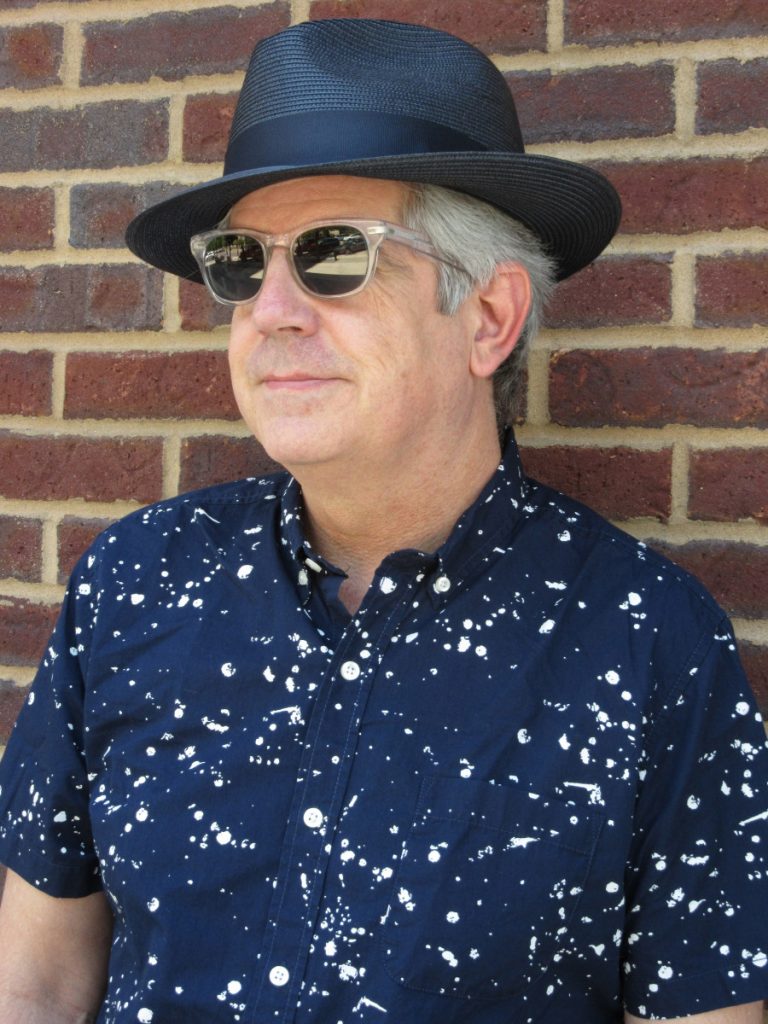
Kaitlyn Finchler
Staff writer
The Midwest is a peculiar yet wondrous place, at least to American writer Michael Martone. His area of interest is small in the literary field, but large geographically.
Martone, this week’s prose writer-in-residence for the Chautauqua Writers’ Center will give his Brown Bag lecture at 12:15 p.m. today on the porch of the Literary Arts Center at Alumni Hall. It’s titled “Lizard, Lizard, Lizard, Lizard. There’s Nothing Wrong With It If You Say It Enough Times.”
Born and raised in Fort Wayne, Indiana, he said he finds the Midwest underrepresented and fascinating, despite it being the largest part of the country.
“I don’t have an anxiety of influence,” Martone said. “On the one hand, we think, ‘Oh yes, it’s very normal and boring,’ but on the other hand, the Midwest can be really strange if you look at it.”
All of his books are either set in or about the Midwest, such as his more recent ones Plain Air: Sketches from Winesburg, Indiana and The Complete Writings of Art Smith, The Bird Boy of Fort Wayne. Once he decided he wasn’t going to write “action-packed” stories, his inspiration was already there.
“It’s really interesting to me that Southerners and people in New York (or) California have no problem writing about New York, the South or California,” Martone said. “It’s a real interesting problem to be from the Midwest, and from the heart of the country, and feel that that’s not a subject matter. For me, that makes it great.”
Martone is also the guest judge for the Chautauqua Janus Prize this year, which was presented Wednesday to emerging writer Lily Taylor. His work has garnered two fellowships from the National Education Association, a grant from the Ingram Merrill Foundation and was a 2016 recipient of the Mark Twain Award for Distinguished Contribution to Midwestern Literature.
For his lecture, Martone said it will be more of a close reading, with the audience acting more like participants than attendees. The focus of the lecture will be American short story writer Donald Barthelme’s The School and Rebecca.
“I really want to present to the audience different ways of thinking about writing short stories or short fiction,” he said.
The audience, he said, should expect to be “defamiliarized,” as people already don’t pay enough attention in everyday life.
“We have all this information coming in and we have biological and mental fillers that filter this out,” Martone said. “What writers and artists do is take the world that we all know about and defamiliarize it, so that it returns the reader to a state of childlike wonder.”




